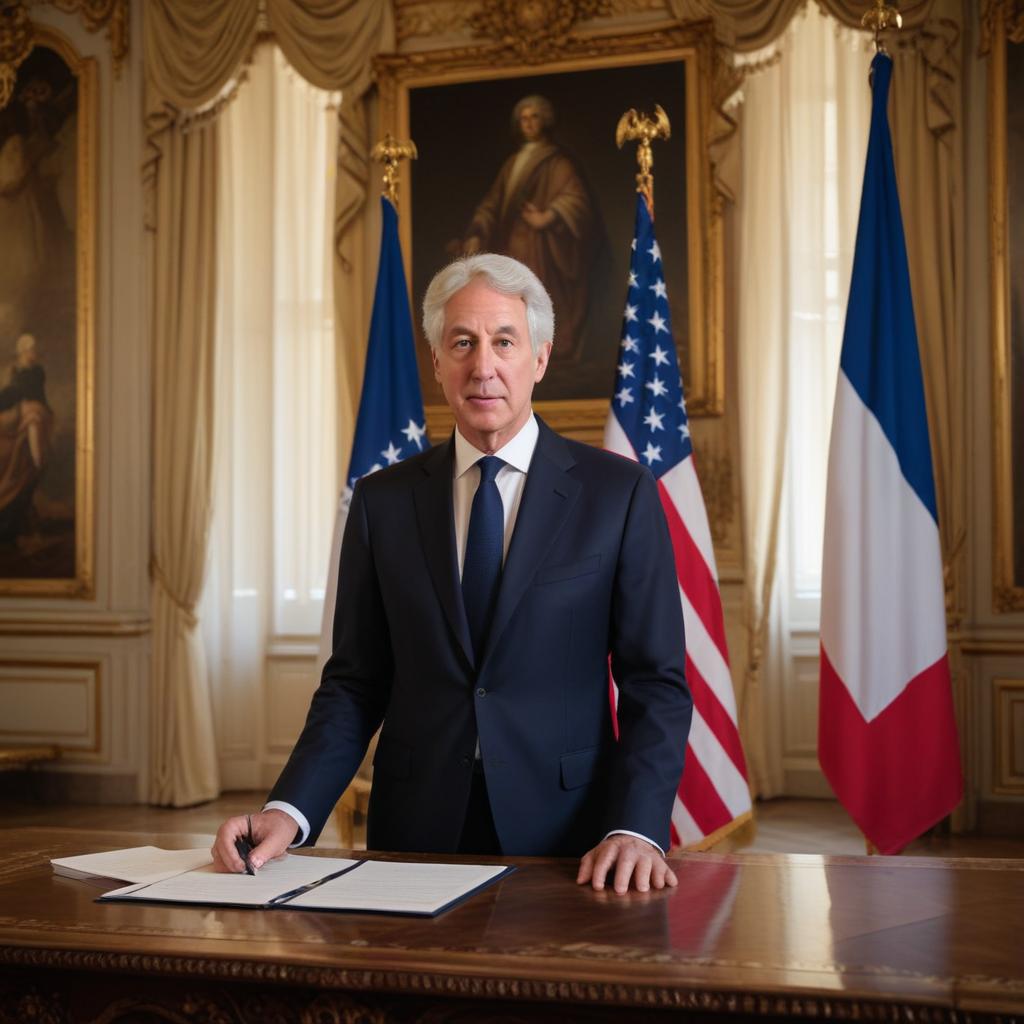Ambassador Charles Kushner's explosive letter accusing France of insufficient action against antisemitism has ignited a major diplomatic row, prompting a formal summons from the French government.
The summoning of U.S. Ambassador to France Charles Kushner to Paris following his allegations of France's inadequate response to antisemitism has escalated into a significant diplomatic conflict. Kushner, in a letter to President Emmanuel Macron, criticized France's handling of antisemitic incidents, asserting that public statements critical of Israel and gestures toward Palestinian state recognition embolden extremists and endanger Jewish lives. The French Ministry for Europe and Foreign Affairs responded by summoning Kushner, deeming his allegations "unacceptable" and a violation of international law and non-interference principles. This incident adds to existing tensions between France and the U.S., stemming from trade disputes and differing views on the situation in Lebanon and Ukraine. Despite recent improvements in relations following a White House meeting between Trump and Macron, Kushner's accusations have created a new point of friction. Kushner, the father of Jared Kushner, has served as ambassador since May, following Senate confirmation. His appointment was made by President Trump, who also pardoned him in 2020 for previous convictions of tax evasion and witness tampering. The State Department has voiced support for Kushner's statements, while the White House has yet to comment. France, home to Europe's largest Jewish population, has faced criticism from Israel's Prime Minister Benjamin Netanyahu over its stance on recognizing a Palestinian state, a criticism Macron has rejected. The situation highlights the complex interplay of international relations, domestic politics, and religious tensions.



